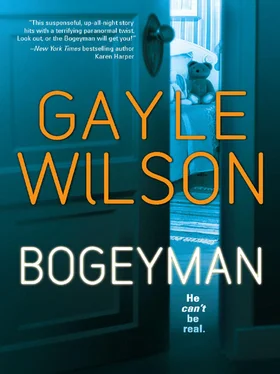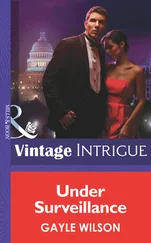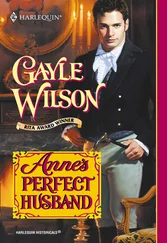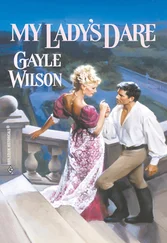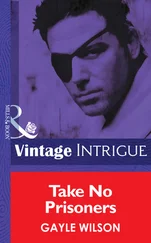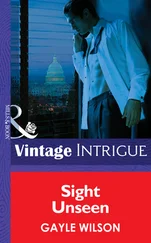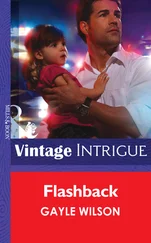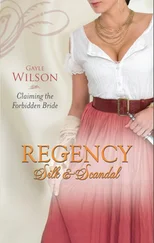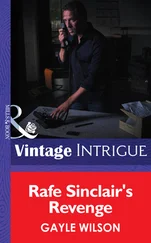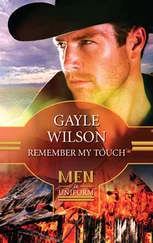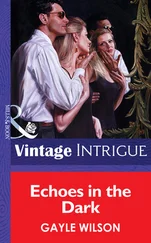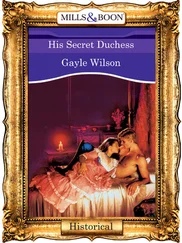1 ...6 7 8 10 11 12 ...17 “Thank you.” Blythe set her purse down on top of the picture in the opened volume, as if to claim ownership of it.
“Cold cases always grab the interest of the reading public,” Ada said.
“Cold cases?”
“Unsolved crimes. Particularly murders. Why, you remember Mark Furman, don’t you? Made a mint on that girl’s murder in Connecticut. Don’t re-shelve ’em when you’re done. Just leave ’em out, and I’ll do it. Most everybody gets it wrong.”
“No, I won’t. And thank you, Miss Pringle.” Despite the passage of years and her own maturity, Blythe couldn’t bring herself to call the woman Ada.
“Sorry for your loss.” The librarian’s words were slightly awkward. “Good you came on home, though. Your grandmamma needs you.”
Blythe opened her mouth, trying to think of an appropriate answer. Before she could, Ada had turned and headed back to her counter.
Left alone, Blythe took a breath before she looked down again at the newsprint, sliding her purse to the side to reveal the picture. With her other hand, she found the back of one of the wooden chairs that had been shoved under the table. Without taking her eyes off the story that surrounded the photograph, she pulled the chair out far enough that she could slip into it. As she began to unbutton her coat, her mind was already occupied by the words that had been written a quarter of a century before.
“Time to close.”
Blythe blinked as she looked up. Ada was hovering at her elbow, a black vinyl purse hooked over her arm.
As she’d moved, Blythe had become aware of a stiffness in her neck and shoulders. Not surprising, she acknowledged. If it was indeed closing time, she must have been reading in this same position for hours.
It wasn’t only the gruesome details that had emerged from the yellowed pages of the Herald that held her rapt. She had been fascinated by the microcosm of the rural county’s society the investigation into the little girl’s murder had revealed. Since she had known most of its principals all her life, she had become completely caught up in the unfolding story.
Law enforcement, in the person of Sheriff Hoyt Lee, had admitted from the start that the lack of physical evidence was not only baffling, but virtually insurmountable. The child’s mutilated body, stripped of its nightgown, had been washed clean by the swift, icy current of the stream that cut through the hollow. There was no trace evidence, at least none that the technology of the day had been able to discover. No footprints. And as there appeared to have been no sexual assault at the time of the murder, no DNA had been preserved.
“May I check these out?” Blythe asked.
She couldn’t come back here every afternoon. She had already imposed on her grandmother enough. Lost in the articles on the murder, however, she hadn’t even looked for anything relating to her house.
“The newspapers? Oh, those don’t circulate.”
“I’d be very careful with them, I promise.” The schoolgirl feeling had come flooding back.
“Can’t make exceptions. Then everybody expects them.”
As Blythe debated whether anything might be gained by further argument, Ada reached over and closed the first book she’d taken down. “You should talk to Hoyt.” She juggled her purse as she prepared to lift the heavy book back up onto the shelf. “He’s bound to know stuff that never made the papers. Evidence, I mean.” The three syllables of the word were individually and distinctly pronounced, the accent on the last.
Despite her annoyance at being treated like a child, Blythe had to admit the idea was intriguing, but not because of the Comstock case. The former sheriff would be the ideal person to ask about the house she was living in. Not only would he know if anything had happened there, he would never gossip about her inquiry.
Hoyt had shown her extraordinary kindness while she’d been growing up. Maybe because he’d been friends with her father. Maybe he’d felt sorry for her because of his untimely death. Whatever the reason, he had treated her like a fond uncle, even escorting her once to a father/daughter church banquet.
“That’s a very good idea, Ada. Thanks for the suggestion,” Blythe said, pushing back her chair and gathering up her coat and purse.
The librarian’s eyes had widened at her use of her given name, a reaction that Blythe found surprisingly satisfying.
The Sheriff’s Department had expanded to take in the adjoining buildings in the years she’d been away. Obviously there was a greater need for law-enforcement officers with the growth of the population and the county’s changing demographics.
In the few weeks she’d been back, Blythe had become aware of the problem of meth labs, which seemed to spring up overnight in this mostly rural area. Even the redoubtable Sheriff Lee would no longer have been able to control things with only three or four deputies. Judging from the row of patrol cars parked in front of the building, there were far more than that now.
As she approached the door, her eye was caught by the neat gold letters, all caps, on its top half. DAVIS COUNTY SHERIFF’S DEPARTMENT. And below that, in both lower and upper case, Sheriff Cade Jackson. She had already reached out to grasp the doorknob when memory stopped her hand in midair.
Cade Jackson. She hadn’t thought about the object of her first teenage crush in at least a decade, but the image evoked by his name was still colored by those long-ago fantasies.
The reality would probably be much different. She’d run into a couple of her former classmates, both of whom had succumbed to the dangers of a regional diet heavy on fried foods and starches. Their bellies had drooped over their belt buckles, and one had already begun combing his thinning locks across his pate in an unsuccessful attempt to hide the aging process.
It would verge on blasphemy if that had happened to Cade, she thought. Given that he was still living here in Crenshaw, however, it was probably inevitable.
And why would you care if he’s fat and bald?
She would, she realized. Something about schoolgirl dreams and first loves. Even if Cade had never known about either.
She debated turning around and going back to her car. She had come here to see Hoyt, and it was obvious he was no longer employed by the county. Cade would probably know no more about the history of the house she was living in than she did.
Despite that logical conclusion, she turned the knob and pushed the heavy door inward. The kid at the desk looked to be about the same age as Cade the last time she’d seen him. A high-school senior, he’d soon left the county, heading to Tuscaloosa and a football scholarship at the University of Alabama.
Blythe, who had been twelve at the time, had grieved with all the emotion she’d been capable of. Which, as she remembered it, had been quite a lot.
That had been her first experience with loss. Although the memory of that pain had faded with the passing years and especially with the reality of true loss, within her chest stirred a shred of the apprehension she would have felt as a pre-adolescent had she known she was about to come face-to-face with Cade Jackson.
“Help you?” the young deputy asked.
“Sheriff Jackson, please?”
“May I ask what your inquiry is in reference to?”
At least the kid had been well trained. The question was both polite and efficient. Score one for Sheriff Jackson.
Tell him I’m trying to discover if my house might be haunted.
Since she couldn’t divulge the truth, she said, “I’m trying to get in touch with Hoyt Lee.”
The kid held her eyes a moment, his assessing. Then he reached for the phone on the desk in front of him, holding the receiver in the same hand he used to punch in a couple of numbers.
Читать дальше
